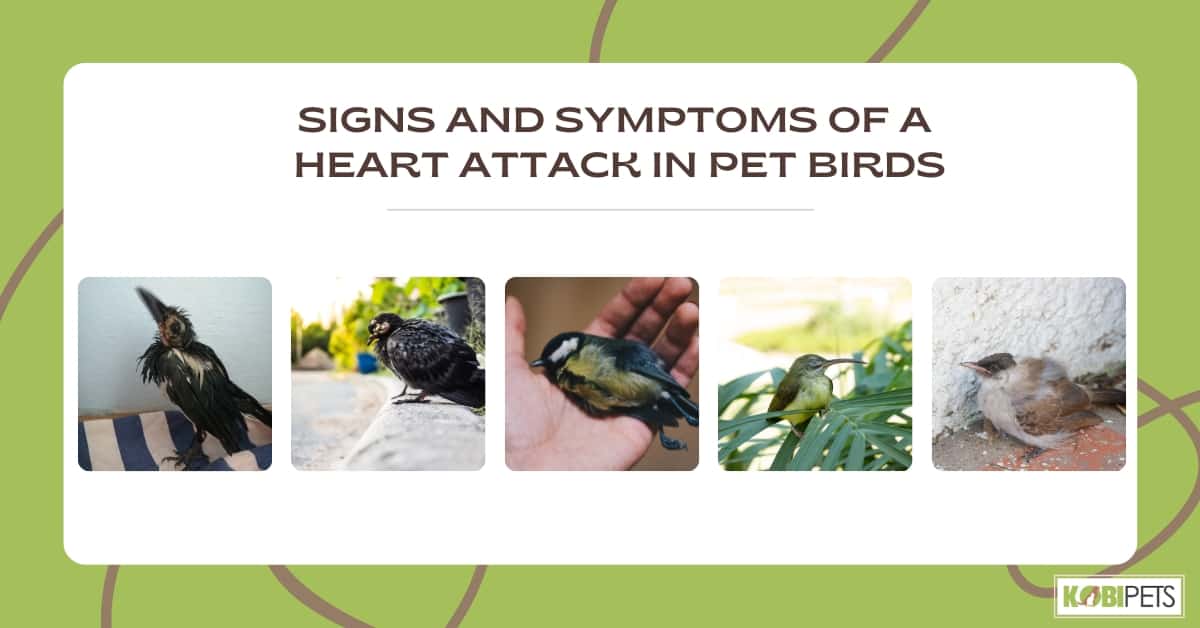
Heart attacks in pet birds can be life-threatening and it is important to recognize the signs and symptoms early. Physical symptoms include loss of appetite, fatigue, lethargy, and more. Behavioral symptoms may include unusual vocalizations or silence, decreased activity levels, and more.
This blog post will discuss the importance of recognizing these signs and provide detailed information on physical and behavioral symptoms, as well as preventive care and management strategies to help protect your pet bird from a heart attack.
Importance of Recognizing the Signs and Symptoms
Recognizing the signs and symptoms of a heart attack in pet birds is paramount. Heart attacks can be swift, so it is vital that bird owners understand the various warning signs in order to seek medical attention immediately.
Audible warning signs typically include labored breathing, wheezing, knocking or whistling sounds, and changes to vocalization tone and quantity. Visual symptoms may involve fluffed-up feathers, loss of appetite, listlessness or lethargy, or difficulty breathing.
Should any of these behaviors be observed with a pet bird, seeking urgent veterinary attention as soon as possible is recommended – knowledge of how to provide basic life support before transport may potentially save a bird’s life.
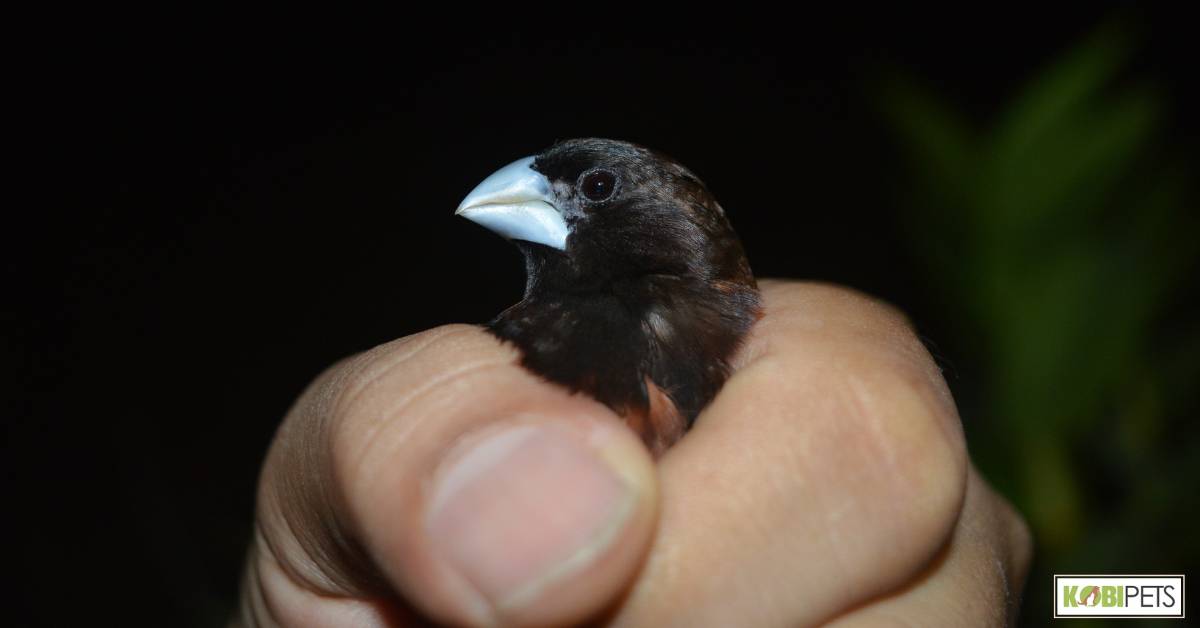
Signs and Symptoms of a Heart Attack in Pet Birds
Physical symptoms
Pet birds, while delicate and sensitive creatures, can suffer from a heart attack just like any other animal. Although the signs and symptoms of a heart attack may be harder to recognize in an avian species, there are physical symptoms that a potential heart attack victim may exhibit.
If you recognize any of these signs in your pet bird consult with their veterinarian immediately for assessment and possible treatment options.
- Labored or Difficulty Breathing – Shortness of breath, labored breathing, and panting are all signs that the bird is having difficulty getting oxygen and may be suffering from a heart attack.
- Listlessness and Unresponsiveness to Stimulation – Loss of interest in activities or appearing weak, lethargic, or unresponsive to stimulation are all indicative of a possible heart attack.
- Decreased Appetite and Weight Loss – If your pet bird’s appetite has declined significantly or they have lost weight, this could be an indication of a heart attack.
- Respiratory Wheezing or Rales -Wheezing or rattling noises heard in the bird’s chest can be an indicator of a heart attack.
- Color Changes in the Mucous Membranes – Pale or blue-tinted mucous membranes could indicate a lack of oxygen to the body, which is often associated with a heart attack.
- Clicking Noises Heard When Listening to Their Chest with a Stethoscope – Abnormal clicking noises may be heard when listening to the bird’s chest with a stethoscope, which could signal a heart attack.
Behavioral symptoms
Pet birds can experience heart attacks just as humans and other animals can, though the signs and symptoms may not be immediately obvious. It is important to recognize these behavioral symptoms so that your bird can receive prompt medical attention if they are having a heart attack.
By understanding the signs of a potential heart attack in avian species like parrots, cockatiels, or parakeets, you can ensure that your beloved pet gets the treatments it needs as soon as possible.
- Decreased vocalization – A decrease or change in the bird’s usual vocalizations may indicate a heart attack.
- Fluffed-up feathers – When birds fluff up their feathers, this can be an indication of pain and discomfort caused by a potential heart attack.
- Loss of appetite – If your pet bird’s appetite has declined significantly, this could be an indication of a heart attack.
- Listlessness or Lethargy – If your pet bird appears weak, lethargic, or unresponsive to stimulation, it may potentially be suffering from a heart attack.
- Inactivity – If the bird is unable to keep up with its usual activities, such as flying and foraging, this could be a sign of a heart attack.
- Aggressiveness – If the bird appears to be more aggressive or uncharacteristically territorial, this could indicate that it may be in pain from a heart attack.
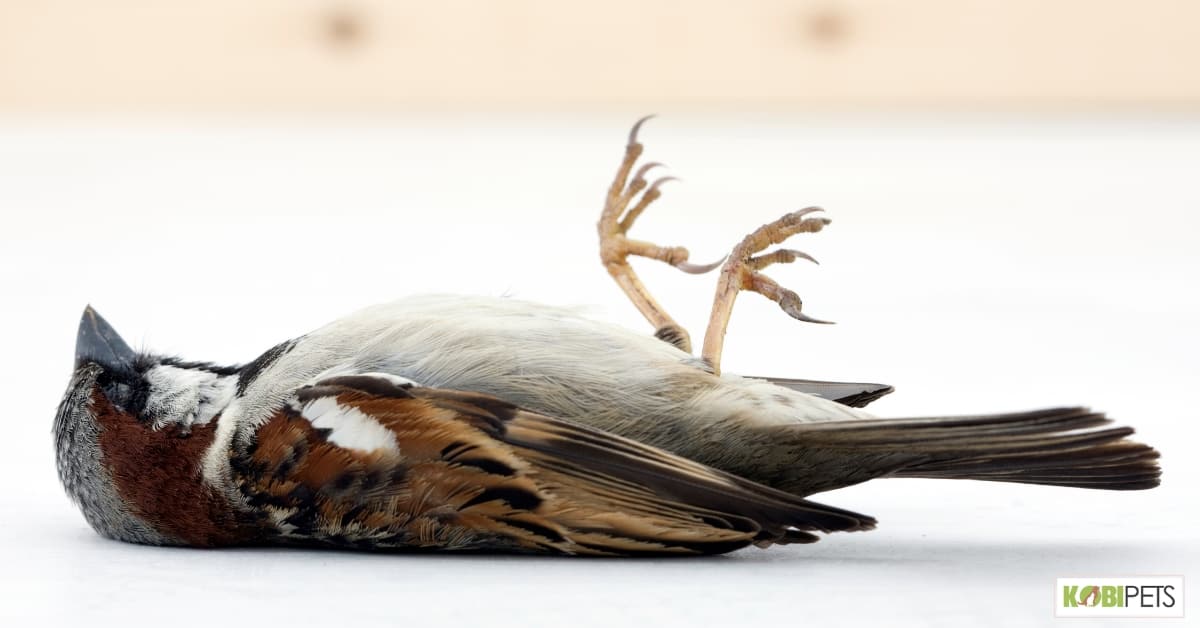
Importance of Regular Check-Ups With a Veterinarian
Regular check-ups with a veterinarian are of the utmost importance for pet birds. By taking precautions to ensure your bird’s health, you can help them prevent disease, malnutrition, and more serious medical issues.
A veterinarian is well versed in the particular needs of a bird’s species and can provide advice on avian health concerns such as diet, growth potential, and possible illness. During these appointments, the vet can also detect any physical or behavioral changes that could indicate an underlying issue and suggest appropriate preventative care and medications if necessary.
Regular check-ups are essential for ensuring pet birds live a long, healthy life; they may even save your beloved feathered friend from serious injury or death.
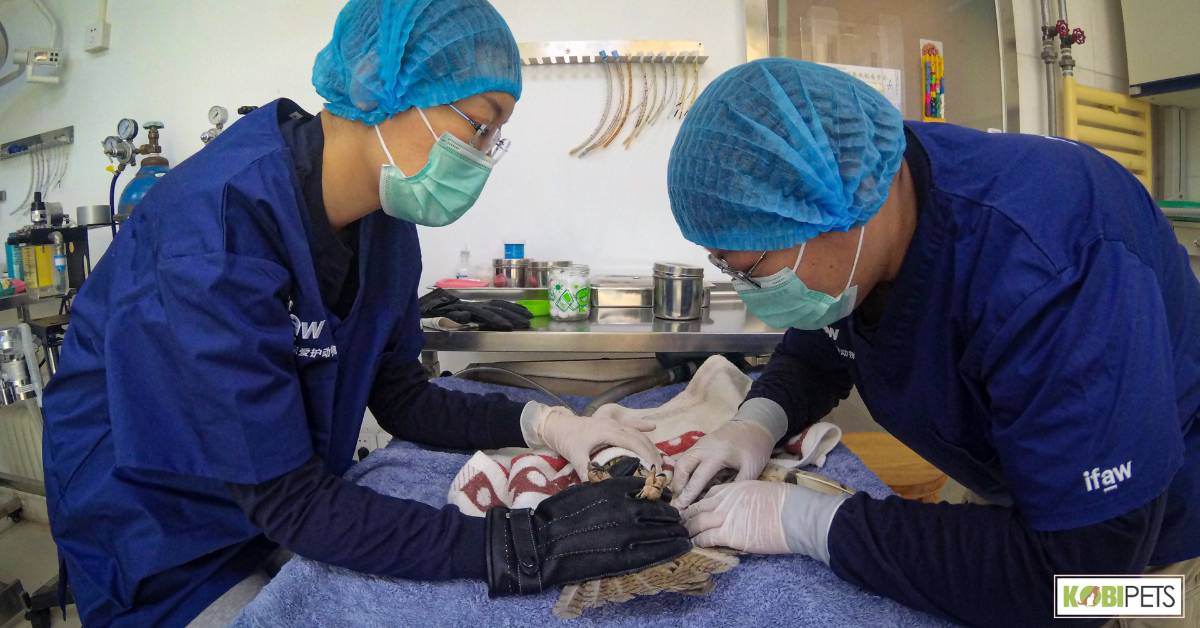
Diagnostic Tests Such as Blood Work and X-Rays
Veterinary diagnostic tests such as blood work and X-rays are becoming increasingly common for pet birds. Through laboratory testing, which can include isolating the various components of a bird’s blood, veterinarians can uncover valuable medical information about their avian patients.
X-rays offer a window into an animal’s tissue structure, allowing veterinarians to detect issues related to bones and joints that would otherwise remain hidden from view. Together, these two methods of testing allow veterinarians to diagnose health problems in birds quickly and accurately.
As veterinary medicine advances, it is more important than ever to ensure that your companion birds have access to the latest advancements in diagnostics testing so they receive the best possible care.
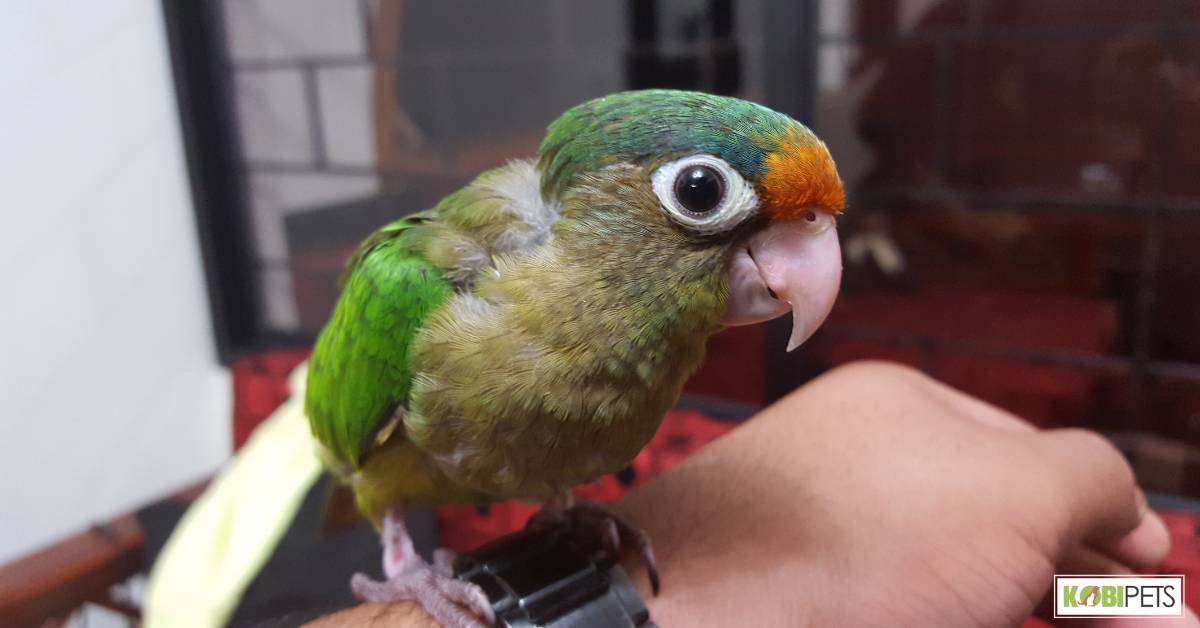
Prevention and Management of Heart Attacks in Pet Birds
Caring for a pet bird requires not only providing the right nutrition and environment but also recognizing the warning signs of ailments, such as a heart attack. Prevention is key to protecting your pet bird’s health, but if your bird experiences a heart attack, there are several management strategies that can help.
- Diet and Exercise – Providing your pet bird with a balanced diet and regular exercise helps to maintain their physical health, which can reduce the risk of a heart attack.
- Stress Management – Minimizing stress in birds is important for their well-being. Stress can lead to many physical and behavioral problems that may increase the risk of a heart attack.
- Regular Veterinary Care – Taking your pet bird for regular check-ups with the vet can help identify underlying health issues and provide appropriate care before they develop into serious illnesses like heart attacks.
- Monitoring Blood Pressure – High blood pressure is an underlying issue associated with heart attacks in birds, so it is important to monitor blood pressure on a regular basis.
- Avoiding Toxins – Some environmental toxins, such as smoke, can have adverse effects on birds, increasing their risk of developing heart disease and even heart attacks.
- Provide an Optimally Sized Cage – An ill-fitting cage size can put your pet bird under additional stress, which can increase the chances of developing health problems.
- Proper Ventilation – Poor ventilation in a bird’s cage can lead to respiratory issues and an increased risk of a heart attack. To prevent this, ensure that your pet bird’s living area is well-ventilated with fresh air circulating regularly.
- Provide Appropriate Toys and Perches – Providing birds with toys, perches, and other appropriate avian enrichment devices can help keep them mentally stimulated which can decrease the risk of a heart attack.
- Seek Veterinary Care Immediately – If your pet bird exhibits any signs or symptoms of a potential heart attack, it is important to seek veterinary care as soon as possible. Early diagnosis and treatment can be key in preventing further complications or even death.
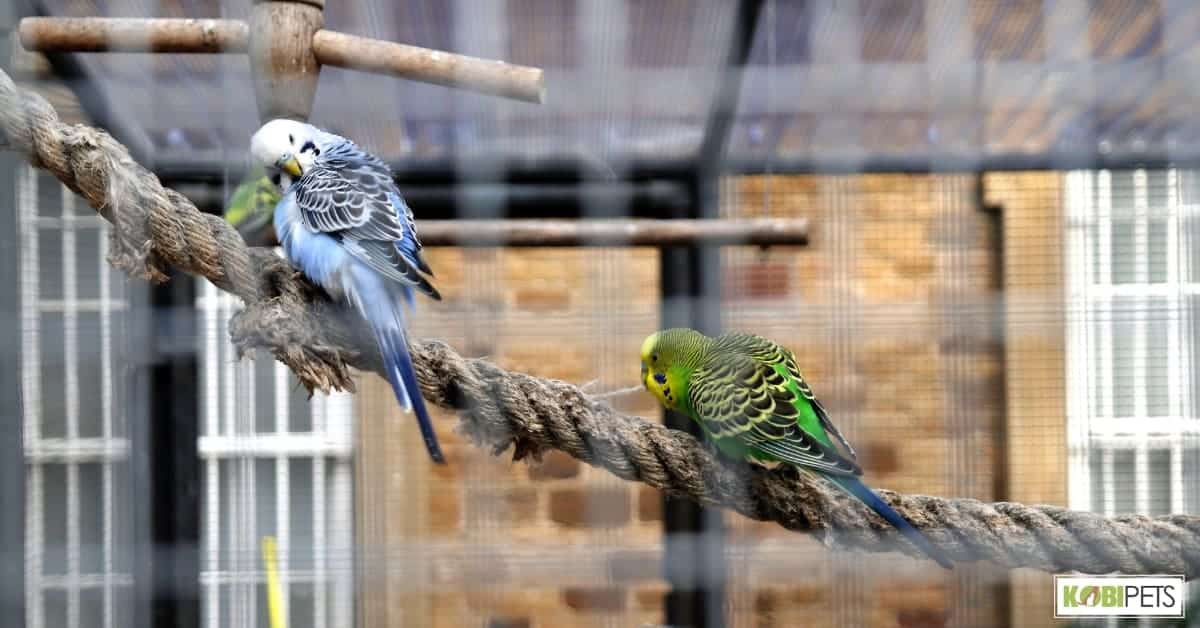
In Conclusion
Heart attacks can be devastating and sudden illnesses, so it is important to recognize the signs and symptoms of an avian heart attack. By providing your pet birds with the best preventative care possible, you can help ensure that they live long and healthy lives.
Regular vet visits for check-ups, monitoring blood pressure, proper ventilation in the cage, and providing appropriate toys and perches can all help reduce the risk of a heart attack in pet birds. Furthermore, should any symptoms arise it is important to seek medical attention immediately in order to prevent further complications or even death.






